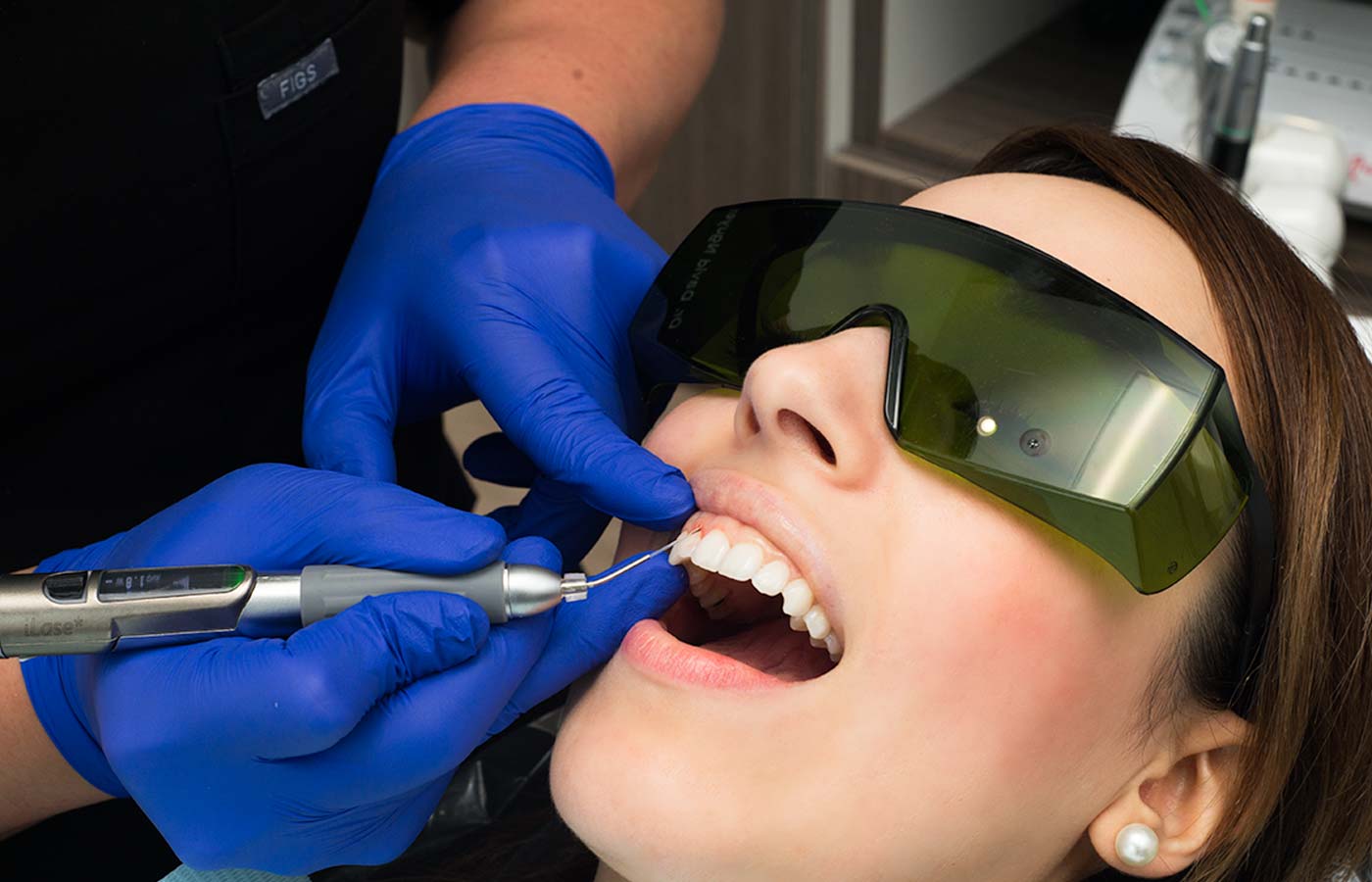Dentists apply a tooth-colored composite resin (plastic) using the bonding technique to fix a decaying, chipped, broken, or discolored tooth. Cosmetic Dental Bonding can be completed in one visit, as opposed to veneers, which must be created in a lab and call for a unique mold to get a correct fit. Because the substance attaches to the tooth, the operation is known as dental bonding. Dental bonding is among the easiest and least costly cosmetic dental procedures is bonding.
Bonding composite resin can be polished and sculpted to fit the neighboring teeth. The most common benefit of dental bonding is to conceal a cracked, chipped, or discolored tooth for cosmetic reasons. Also, it can change the size, shape, or color of teeth, make them appear longer, or close crevices between teeth. In some cases, Cosmetic Bonding Near Me is utilized as a cosmetic substitute for amalgam fillings or to cover a section of the exposed tooth root caused by gum recession.
How do dentists perform it?
Using a shade guide, your dentist open on Saturday will select the shade of composite resin that most closely reflects the shade of your teeth. After choosing the color, your dentist lightly etches or rubs the tooth's surface to roughen it. To help the bonding material adhere, a conditioning liquid will be gently administered to the tooth. Following the preparation of the tooth, your dentist will apply the putty-like tooth-colored resin.

The resin is smoothed and molded into the appropriate shape. After that, the material is hardened using a laser or ultraviolet light. Your Cosmetic Bonding Houston dentist will further trim and shape the bonding material when it has dried and become solid. After that, the substance will be polished until it resembles the sheen of the rest of the tooth surface. The procedure generally takes around 30 and 60 minutes to complete.
You may require several appointments at Dental Office Galleria if you need work done on more than one tooth. The resin can become stained by tea, coffee, and cigarette smoke. For the first 48 hours following any composite operation, it's crucial to refrain from eating or drinking anything that could cause stains to prevent or reduce stains.
What's the difference between dental bonding and veneers?
Dentists place porcelain veneers (custom-made ceramic shells) that stick to the front surface of the teeth. Your dentist often needs to remove some natural teeth enamel to put them, and you cannot remove porcelain veneers after placement. They need to replace them every 10 to 20 years. Conversely, dental bonding does not require a large amount of enamel removal. Thus, dental bonding is entirely reversible. Every 3 to 10 years, touchups will be necessary.

Does dental bonding hurt?
Usually, dental bonding dont cause pain because your dentist won't work anywhere close to the pain-sensing nerve inside your tooth. Dental bonding is typically not uncomfortable because your dental specialist won't operate too close to the pain-sensing nerve present inside your tooth. Following their dental bonding surgery, some persons may suffer brief sensitivity.
Conclusion
The above-provided details and information tell us about the dental bonding procedure and why it is important. For more valuable facts and updates, please visit dentistopenonsaturday.com.
Article Source : https://www.worldofarticles.com/why-is-dental-bonding-necessary/
Comments